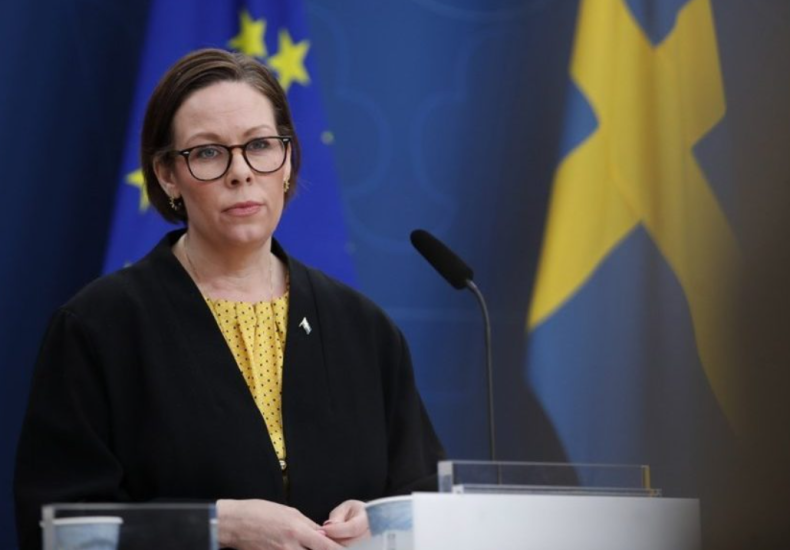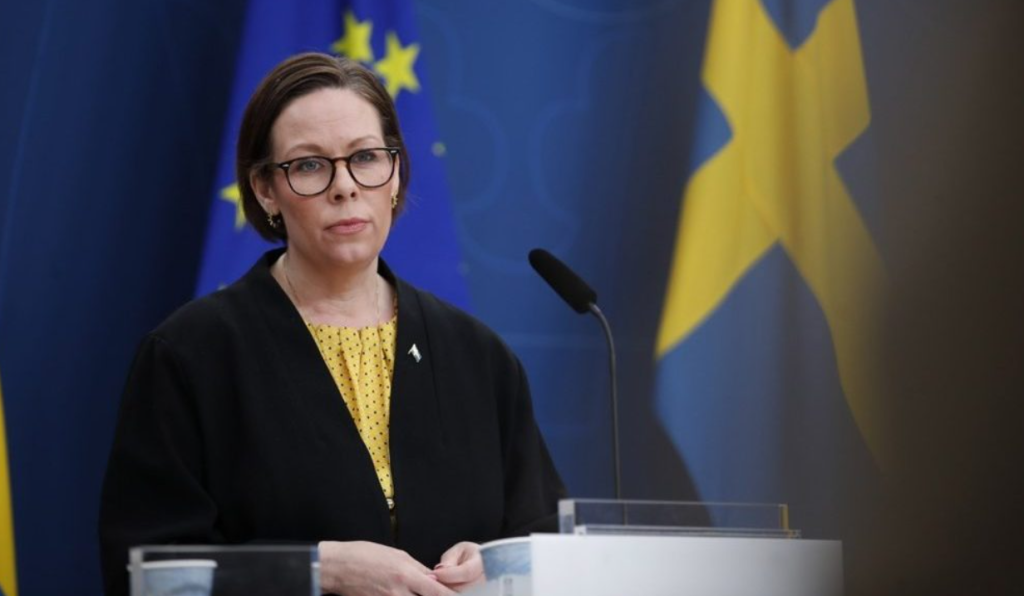
Sweden Urges EU to Freeze Trade Ties with Israel—Here’s Why

Sweden urges EU to freeze trade with Israel, marking a bold shift in European diplomatic rhetoric. The Swedish government voiced this appeal as Israel’s military operations in Gaza continue to draw international criticism. As civilian casualties rise, several nations, including Sweden, are demanding firmer action from the European Union.
1. Sweden Cites Urgent Humanitarian Reasons
Sweden believes that freezing trade ties could pressure Israel to follow international law. The government emphasized that continuing economic cooperation—while civilians suffer—sends the wrong message. They argue that silence and inaction may look like approval of human rights violations.
Moreover, many Swedish lawmakers insist that diplomatic statements alone no longer suffice. They see economic leverage as a more effective tool to demand accountability.
2. European Union Still Divided on the Matter
Although Sweden pushes for decisive action, EU member states remain divided. Some countries, such as Germany and France, prefer to maintain dialogue rather than introduce trade sanctions. They worry that a sudden freeze could damage existing cooperation in technology, security, and defense.
However, voices within the EU Parliament are growing louder. Some representatives urge the bloc to match its humanitarian rhetoric with concrete steps. They believe failing to act now could hurt the EU’s credibility in global diplomacy.
3. Freezing Trade Could Have Far-Reaching Effects
If the EU follows through on Sweden’s call, it could reshape the political and economic dynamics in the region. Israel serves as a significant partner in innovation and military development. Cutting trade ties would strain that relationship, potentially affecting broader Middle East diplomacy.
At the same time, human rights groups across Europe continue to call for action. They argue that the EU must uphold its own values—not just in words but through measurable policy shifts.
🎯 Conclusion:
Sweden urges the EU to freeze trade with Israel, aiming to transform condemnation into action. While some member states remain cautious, public pressure and moral responsibility are pushing the issue forward. In the coming weeks, the EU will need to decide whether to stay silent or use its economic influence to support humanitarian principles.